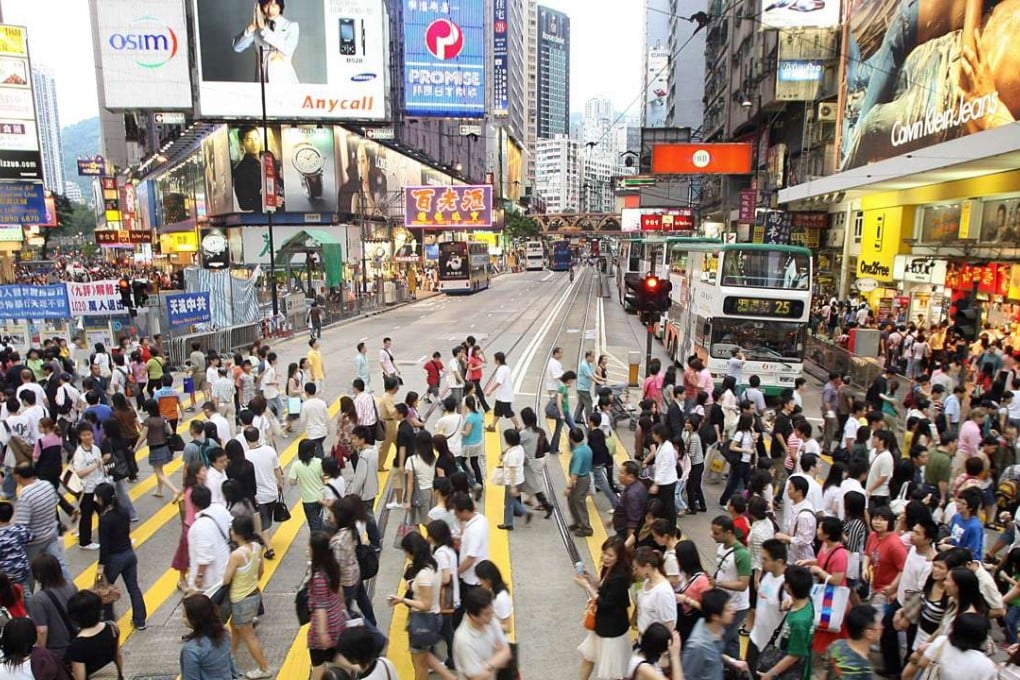Off Centre | Why it’s always rush hour in Hong Kong
Kenny Hodgart says your typical impatient Hong Kong worker has fallen prey to the culpability norm fed by the establishment, to become yet another digital-age cog in the wheel sold on the illusion of productivity

I don’t expect it’s a hugely controversial observation for a foreigner to make that for all their many virtues, Hongkongers are possessed of a certain impatience. People here seem to be in a constant hurry: to get out of the lift, to get on the train, to put in more hours at work, to make sure their lunch doesn’t run off its plate. Everything is time lost or gained; results must be instant. There’s a problem? Sack the helper. Send in a tutor. Fire off a dozen instant messages.
The other day, I took a phone call from an unrecognised number – something I’m usually careful not to do because nine times out of 10 I’m met with a snatch of music, followed by a couple of rings and then someone saying wai? But no – this time it was a member of our much-loved public relations community phoning me about a story. Had I received her email? Possibly ... When had it been sent? Just now. Awkward pause. What did it say? Oh, maybe you need to read it and reply to me. Yes, OK. I checked: it asked if I could acknowledge receipt of an attached document. Dutifully, I did.
How messaging affects your brain – which is why you should never text and drive
Perhaps I do Hong Kong a disservice by imagining things are different elsewhere. Certainly, the proliferation of channels of instantaneous communication, all jammed into your smartphone, means unless you throw the damn thing away it is harder to attain serenity. But, really, we’ve arrived at an appalling state of affairs, as a society and a race. Take WhatsApp. It shows when you’re online – so if you’re already having a conversation and someone else starts in with a whole other thread of messages, it’s impossible to duck out without seeming like you’re deliberately ignoring them.
The contention, of course, is that all of this “connectivity” means people are getting on with their lives more efficiently, doing things quicker and better. Rubbish. All it means is that you spend half your waking hours responding to demands for updates and worrying about whether it’s bad form not to reciprocate emoticon usage.

Hongkongers as stressed out by a smashed smartphone as by sitting an exam, study finds
For some people, responding to emails at midnight, or 6am, or two minutes after their out-of-office ping-back has informed you they are on annual leave, shows how hard-working and committed they are. They’re suckers. But it’s also not really their fault: they’ve simply internalised all the angst governments and corporations go about spreading to make us all feel personally responsible for slackness in the economy. You might spend your days recycling information in the hypomanic mills of the post-industrial knowledge economy. You might labour as a mere pusher of digital pens. But you’re lazy and anaemic growth is your fault.

